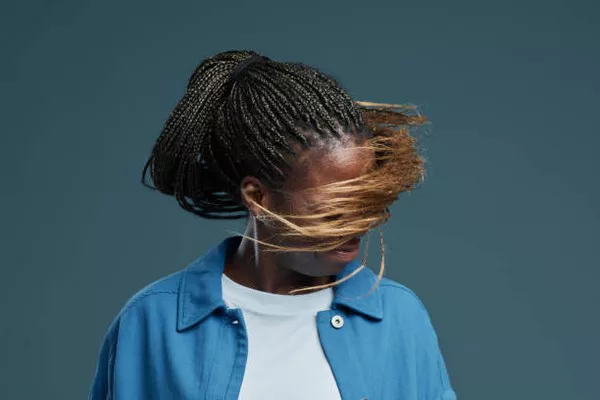In a significant victory for civil rights and cultural identity, Puerto Rico has enacted a groundbreaking law prohibiting discrimination against natural hair and protective hairstyles in both public and private sectors. This legislative milestone, driven by grassroots advocacy, marks a transformative moment for the island’s Afro-descendant community.
The journey toward this legislative change began with the personal experience of Alanis Ruiz Guevara, who was sent home from her private school in Ponce at the age of eight for wearing cornrow braids. “I was terrified and felt deeply ashamed,” recalls Ruiz Guevara, now 25. “I felt like there was something inherently wrong with my hair.”
Her painful childhood experience fueled her determination to see change. Following years of chemical treatments to straighten her curls—despite their health risks—Ruiz Guevara became actively involved in advocacy efforts to address systemic biases against textured hair.
Her involvement with Afro-Juventudes, a youth program by Colectivo Ilé and Revista Étnica promoting anti-racism education, revealed that her struggle was not isolated but part of a broader pattern of discrimination faced by Afro-descendant individuals. The program’s exposure to the U.S. CROWN Act, a law aimed at eliminating discrimination based on natural hairstyles, inspired Ruiz Guevara to advocate for similar protections in Puerto Rico.
In 2021, as an intern with Representative José Bernardo Márquez, Ruiz Guevara proposed the “Law Against Hair Discrimination,” echoing the principles of the CROWN Act. Although initially stalled, her resolve never wavered. With support from Mentes Puerto Rico en Acción and her own activist group, Colectiva de Resistencia Cimarrona, she revitalized her campaign, incorporating compelling U.S. data and research to strengthen her proposal.
The renewed effort captured the attention of Senator Ana Irma Rivera Lassén, Puerto Rico’s first Black female senator, who, along with Senator Rafael Bernabe Riefkohl, reintroduced the bill in August 2023. Despite initial resistance from local officials and private entities, the bill progressed, reflecting a growing public discourse on racial issues.
Olga Chapman Rivera, communications director at Corredor Afro, highlighted the mixed reception to the bill, noting that while it underscores ongoing racial issues, there is still much work to be done. “This legislation unveils a persistent reality of racial issues in Puerto Rico,” Chapman Rivera remarked. “The topic of race is often sidelined, unlike in the U.S.”
The U.S. Census reports that over 1.6 million Puerto Ricans identify as multi-racial, with 230,000 identifying as Black. This legislation is a critical step in recognizing and valuing the cultural significance of hairstyles in Afro-descendant communities, as demonstrated by recent public awareness campaigns, including April’s shampoo commercial depicting the historical use of cornrows as escape maps during slavery.
With the law now passed, Ruiz Guevara emphasizes the importance of its implementation and the continuation of anti-racism initiatives. “The real work begins now,” she asserts. “We must continue to develop policies that combat discrimination and uphold the dignity of all individuals.”
This landmark legislation not only represents a victory for cultural recognition but also sets a precedent for addressing systemic biases and promoting inclusivity within Puerto Rican society.


